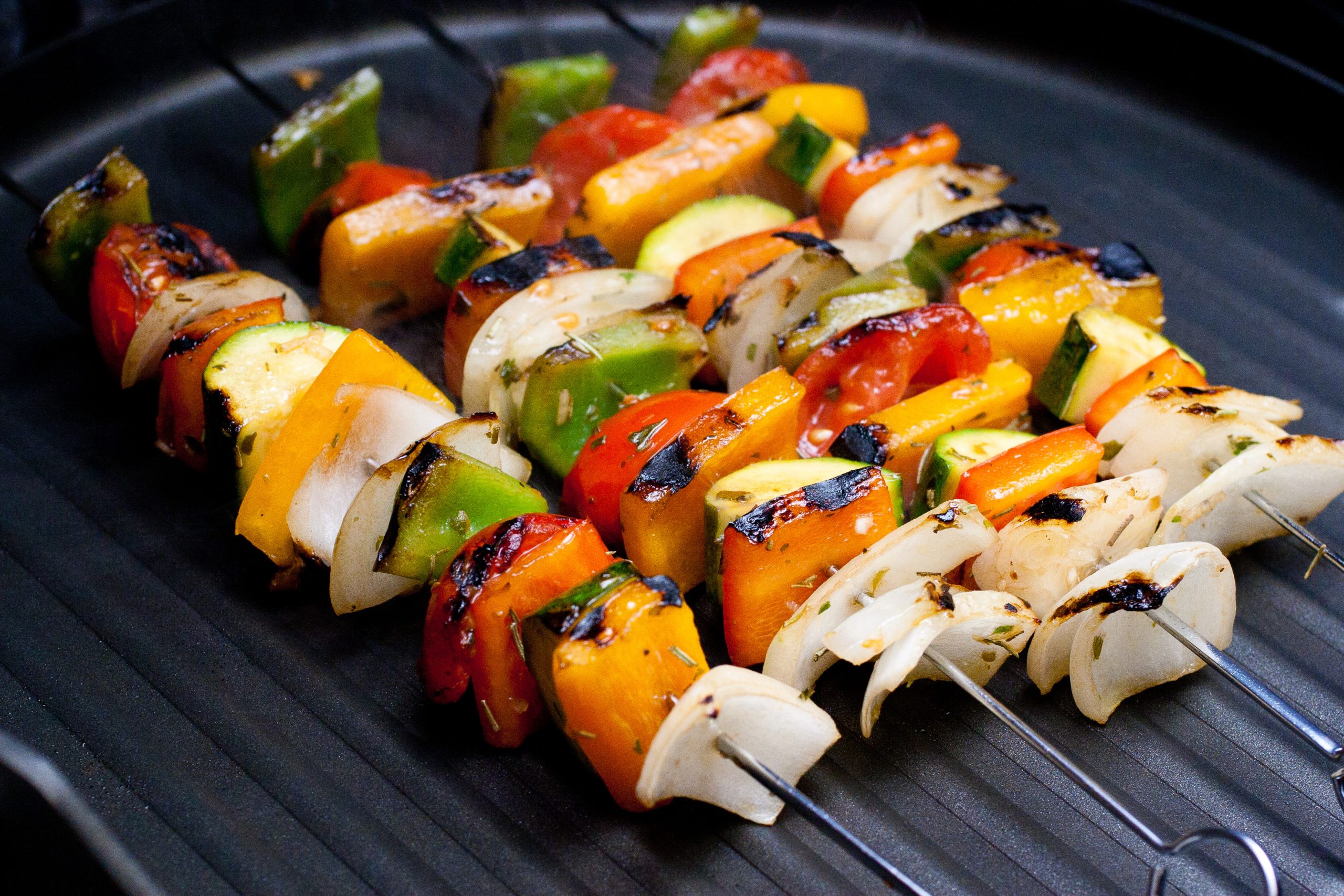Vegetable Grilling Tips

It’s no secret that grilling vegetables adds diversity to your diet; but besides the obvious health benefits veggies provide, it may come as a surprise to some that they can double as a flavorful, tasty choice as well. In addition, grilling is a better choice than other cooking methods such as frying due to a lower associative calorie count as well as low preparation time. Adding grilled veggies to your diet is simple — especially when you have access to the following tips that will guide you to proper preparation properly prepare them.
Vegetables taste best when they’re eaten close to their natural state. Also, not only does grilling cook veggies faster than boiling – it also retains their vital nutrients better. Boiling can easily lead to overcooking, which may lead to a leaching of vital nutrients and minerals. Plus, grilled veggies done right end up with a caramelized, crispy shell that comes packed with juice and flavor inside.
When it comes to grilling vegetables, your choices are limitless. Almost all vegetables can be prepared on a grill, but the best ones are those that have low water content such as corn, potatoes, and mushrooms. Also, locally grown vegetables that are also in season taste superb. Shopping at a local farmers market with family or friends is a fun way to pick out veggies that will also ensure you pick up in-season vegetables. Be sure to pick a variety of vegetables for a well-balanced diet.

Properly prepping veggies for grilling ensures they will cook to their highest quality. Keep in mind the size, thickness, and shape of how you prepare your vegetables. Cut round veggies such as onions or eggplant into thin, round disks. Their thinness will allow them to cook faster and provides more surface area for a char. Veggies dry out without a bit of oil. Cover your batch with a tablespoon of olive oil, making sure every side is covered. The oil will add a crispy texture and infuse them with more moisture as well. Plus, adding oil helps seasoning stick more effectively. Be sure not to add more than a tablespoon per pound of veggies, though – too much oil can lead to gas flare-ups and adds unnecessary calories. After cutting and oiling your veggies, it’s also not a bad idea to add some kosher salt and a shake or two of pepper.
Proper cooking time for veggies is essential. Meat takes longer to cook than vegetables. Be sure to add meat to the grill before vegetables, however. Peppers, eggplant, onions, tomatoes, zucchini and squash all take about 3-4 minutes to fully cook. Mushrooms and corn take a couple minutes longer. In general, the more dense the vegetable, the longer the cook time will be. Therefore, potatoes take the longest. To make sure you don’t burn the outside of dense veggies and leave the inside raw, cook them on high heat for a few minutes. After that, move them to a low heat to finish cooking. You can also pre-heat them and move them to the grill to add a char. Remember to take the size of your veggies into heavy consideration when preparing them. Smaller veggies will cook faster than larger ones due to the amount of veggie there is to heat.
Some veggies are too small to place directly on the grill and can potentially fall through the grates. Fix this by using a skewer, grill basket, or a piece of aluminum foil with the edges crimped up to form a makeshift basket. Cherry tomatoes fit well on a skewer, but any small veggies can work for this method.
Adding grilled veggies to your diet is simple, cheap, and healthy. Grilling adds a distinct flavor and texture that cannot be replicated by other cooking methods.
Written by the staff of Lutz’s BBQ, where they serve up tasty BBQ and provide some of the best service for catering Columbia MO has to offer.
